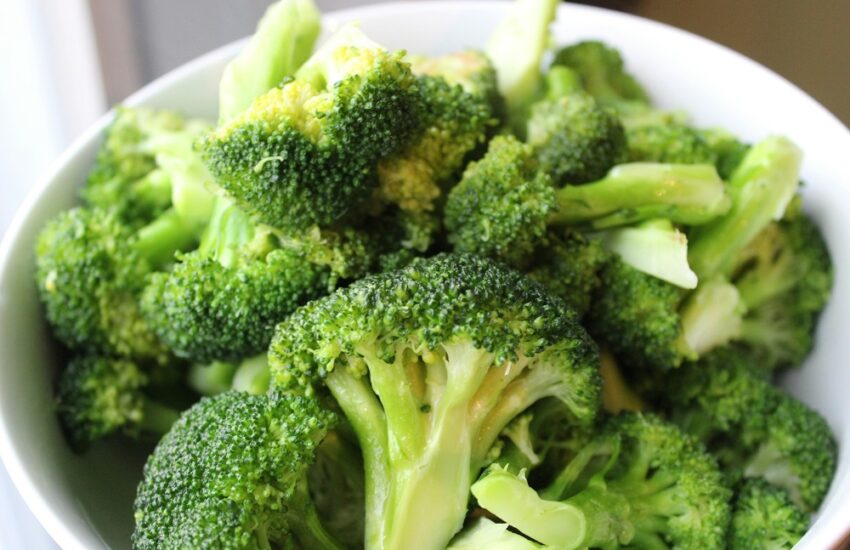Reducing high cholesterol levels through dietary choices is essential for maintaining cardiovascular health. Vegetables play a crucial role in this effort due to their rich content of fiber, antioxidants, and plant sterols that can help lower LDL (bad) cholesterol and improve overall lipid profiles. Followings are some of the best Vegetables to reduce High Cholesterol level suggested by Mohit Tandon Houston :
Spinach:
Rich in lutein, fiber, and plant sterols, spinach is highly effective in reducing cholesterol absorption in the gut. Its soluble fiber binds with bile acids, aiding in their excretion and thereby lowering LDL cholesterol levels. Spinach is also packed with antioxidants that protect against oxidative stress, a contributor to cardiovascular diseases.
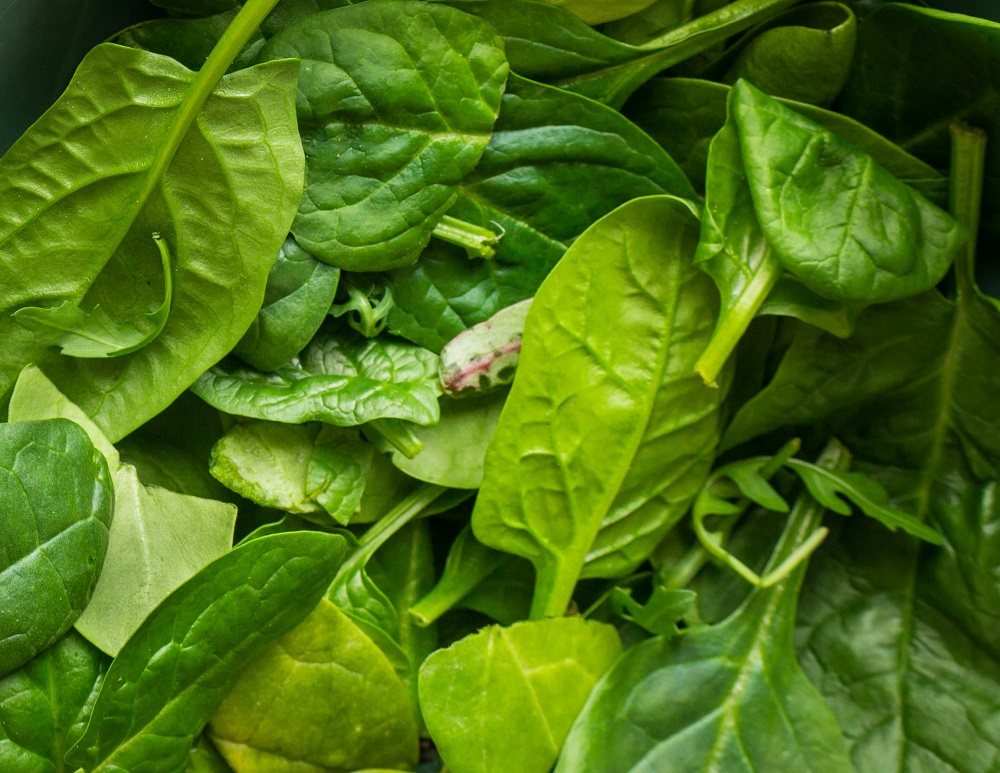
Kale:
Another leafy green powerhouse, kale offers an array of heart-healthy benefits. It contains beta-carotene, an antioxidant that prevents LDL cholesterol from oxidizing and forming plaques in arteries. Kale’s fiber content further contributes to cholesterol management by enhancing bile acid excretion and reducing LDL levels. – Mohit Tandon Houston
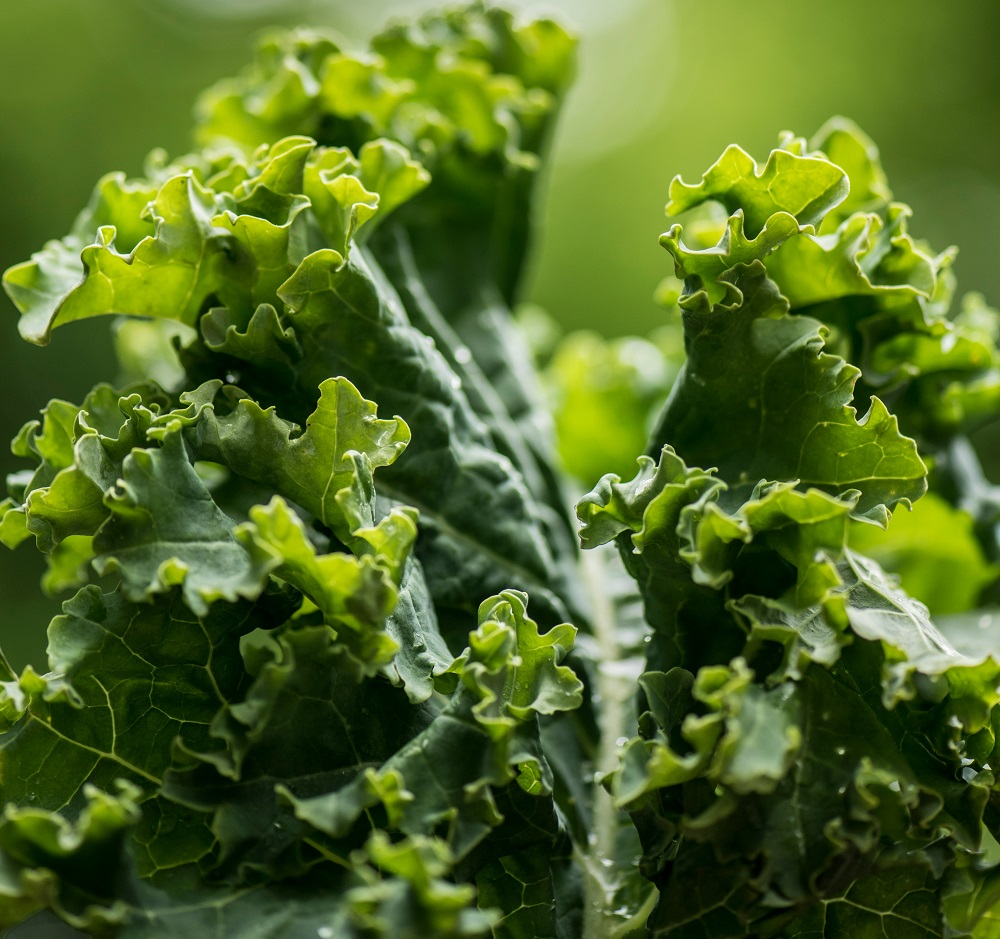
Broccoli:
Especially Broccoli is famous for its high fiber content and the presence of sulforaphane, broccoli supports cardiovascular health by reducing LDL cholesterol levels. Sulforaphane enhances the expression of genes involved in cholesterol excretion and helps combat inflammation, which is often associated with high cholesterol levels.
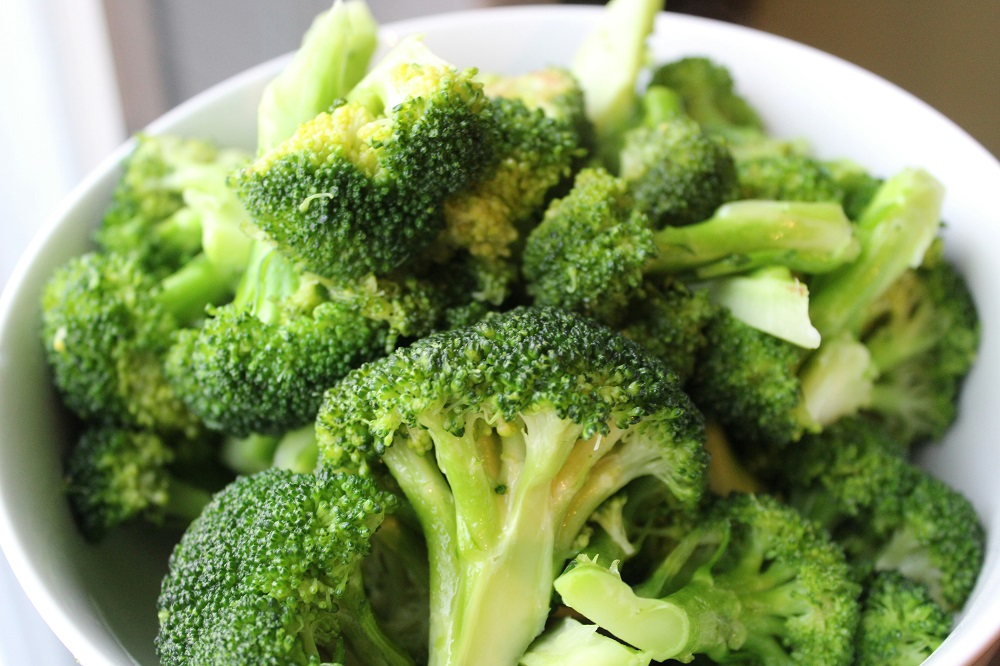
Brussels Sprouts:
These cruciferous vegetables are rich in fiber, antioxidants, and phytochemicals that promote heart health. The fiber binds with cholesterol in the digestive tract, preventing its absorption into the bloodstream. Brussels sprouts also contain glucosinolates, which have been shown to support cardiovascular function. – Mohit Tandon Houston
Avocado:
Despite being a fruit, avocados are renowned for their high content of monounsaturated fats, primarily oleic acid. These healthy fats help lower LDL cholesterol levels while increasing HDL (good) cholesterol levels, promoting a favorable lipid profile. Avocados also provide other beneficial nutrients like potassium and fiber.

Tomatoes:
Rich in lycopene, a powerful antioxidant, tomatoes help reduce LDL cholesterol levels and protect against cardiovascular disease. Lycopene works by preventing LDL oxidation and reducing inflammation in the arteries. Cooking tomatoes enhances the bioavailability of lycopene, making tomato-based sauces and soups particularly beneficial.

Garlic:
Garlic is well-known for its medicinal properties, including its ability to lower cholesterol levels. It contains allicin and other sulfur compounds that inhibit cholesterol synthesis in the liver and enhance the breakdown of cholesterol. Garlic also has anti-inflammatory effects that contribute to cardiovascular health. – Mohit Tandon Houston
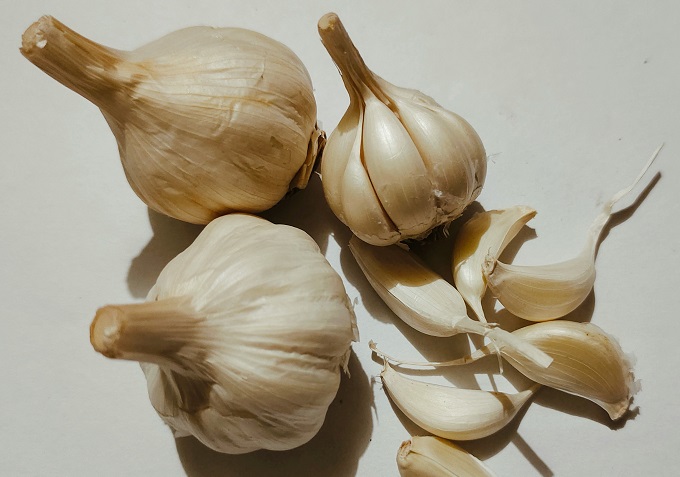
Sweet Potatoes:
High in soluble fiber and beta-carotene, sweet potatoes support heart health by lowering LDL cholesterol levels. The fiber binds with cholesterol in the gut, preventing its absorption, while beta-carotene acts as an antioxidant that protects against oxidative damage to blood vessels.
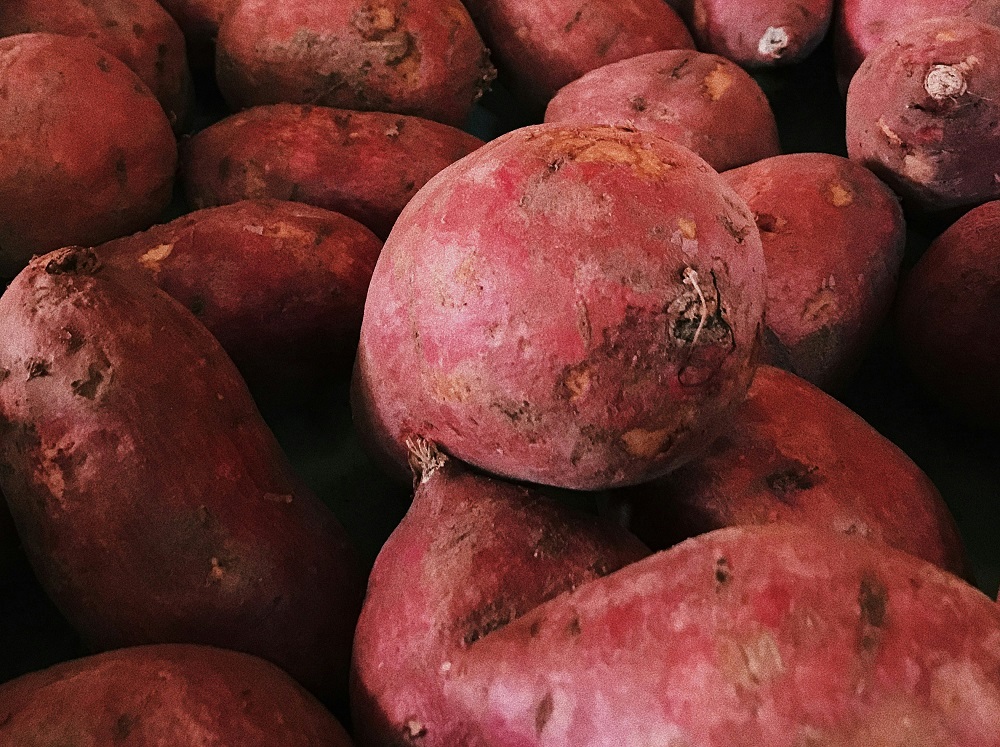
Carrots:
Carrots are rich in beta-carotene, fiber, and potassium, all of which contribute to cardiovascular health. Beta-carotene prevents LDL cholesterol oxidation, while fiber helps lower cholesterol levels by binding with bile acids in the digestive tract. Potassium regulates blood pressure, reducing the risk of heart disease.

Bell Peppers:
Colorful bell peppers are packed with antioxidants such as vitamin C and beta-carotene, which protect against LDL cholesterol oxidation. These antioxidants also promote heart health by reducing inflammation and improving blood vessel function. – Mohit Tandon Houston
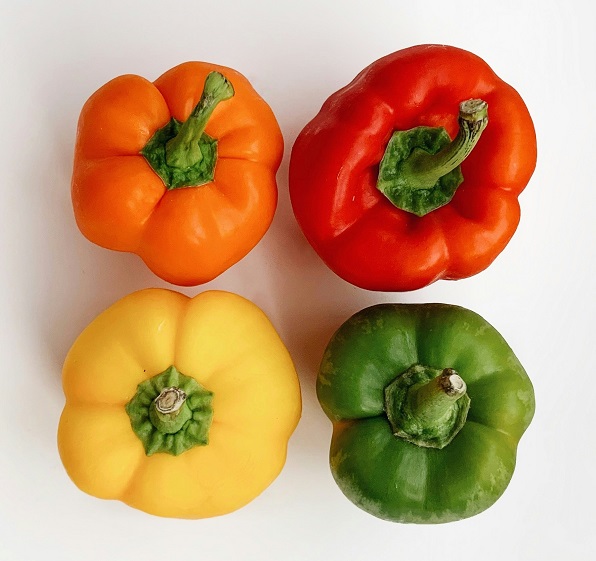
Eggplant:
Eggplant is low in calories but rich in fiber and antioxidants like nasunin. The fiber content aids in lowering LDL cholesterol levels by binding with cholesterol in the digestive tract. Nasunin, a potent antioxidant found in the skin of eggplant, helps protect against free radical damage to blood vessels.
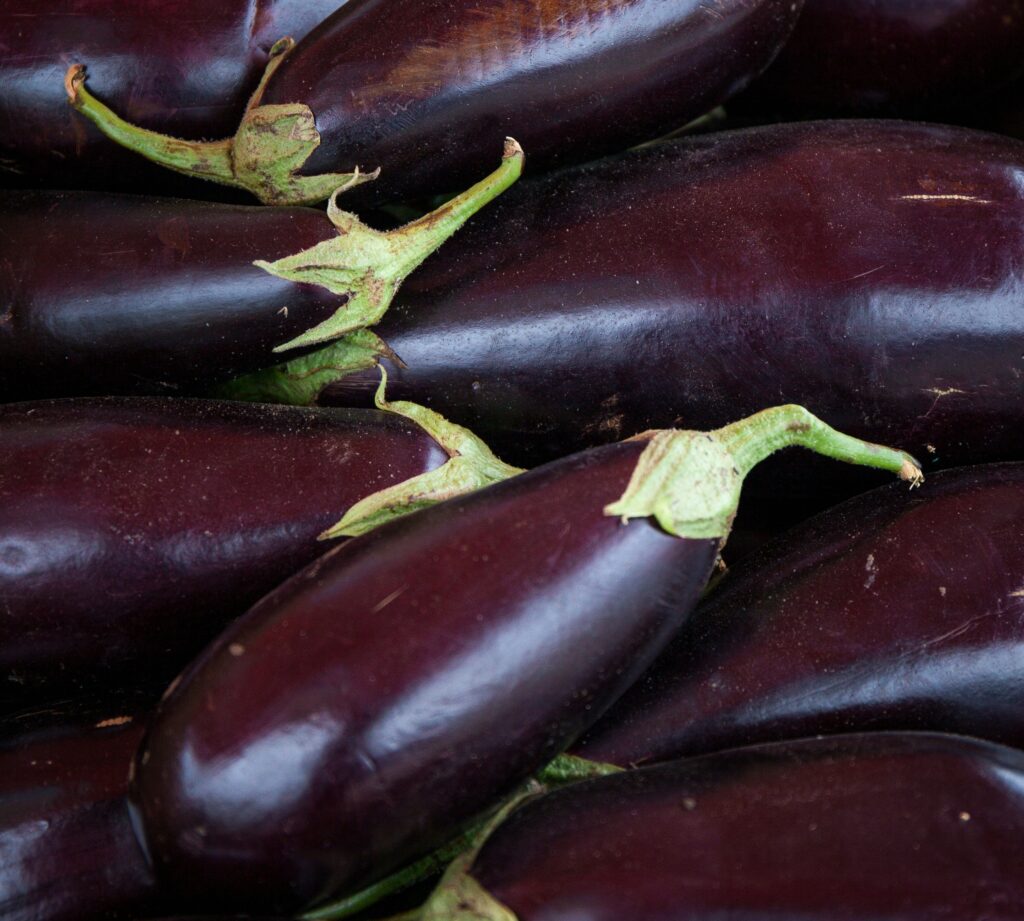
Asparagus:
Asparagus is a nutrient-dense vegetable that provides fiber, folate, and antioxidants. The fiber content aids in cholesterol management by enhancing bile acid excretion. Folate helps regulate homocysteine levels, reducing the risk of heart disease, while antioxidants protect against oxidative stress.
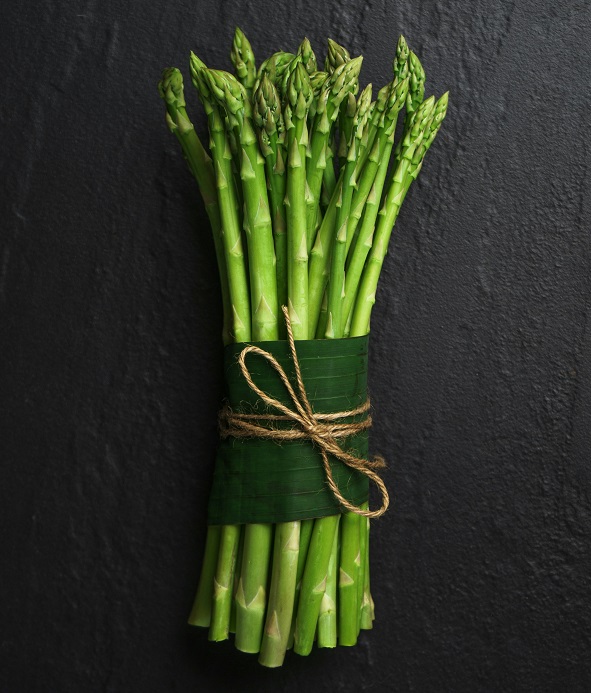
Cabbage:
Cabbage is rich in fiber, vitamin C, and anthocyanins, which contribute to heart health. The fiber binds with bile acids in the digestive tract, reducing cholesterol absorption. Vitamin C and anthocyanins have antioxidant properties that protect against LDL cholesterol oxidation.
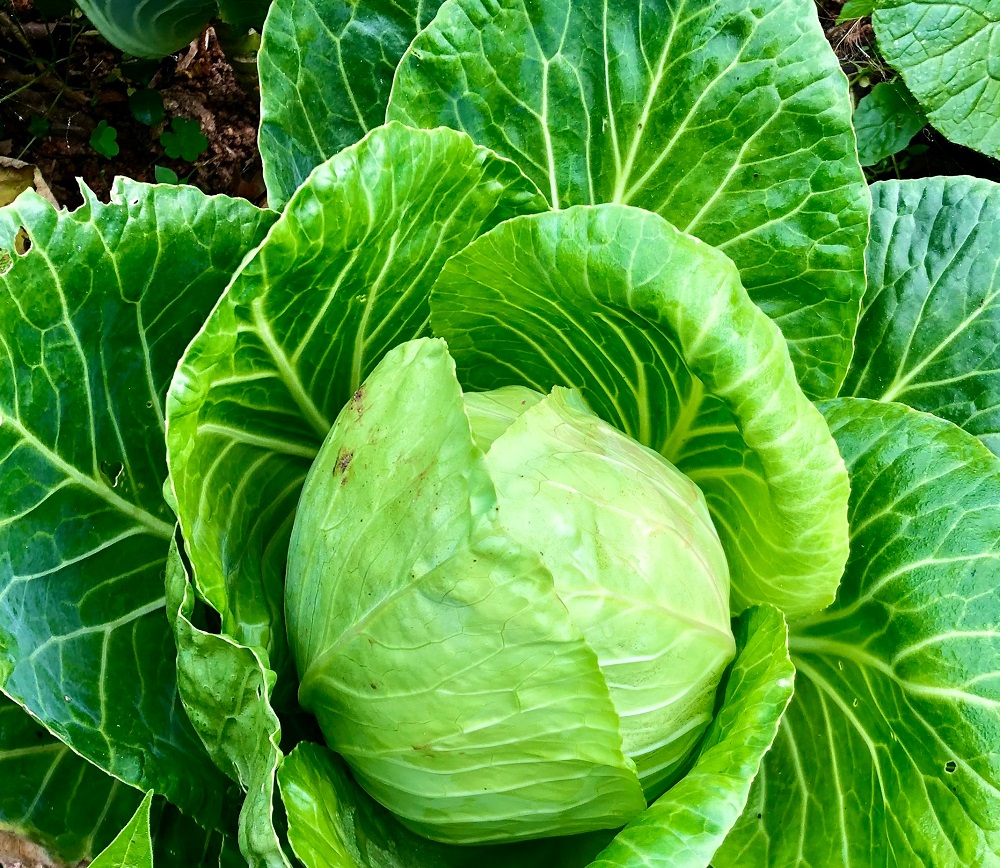
Cauliflower:
Cauliflower is a versatile vegetable rich in fiber, antioxidants, and choline. The fiber aids in lowering LDL cholesterol levels by binding with bile acids in the gut. Especially, Antioxidants like vitamin C and beta-carotene protect against oxidative stress and support cardiovascular health. – Mohit Tandon Houston
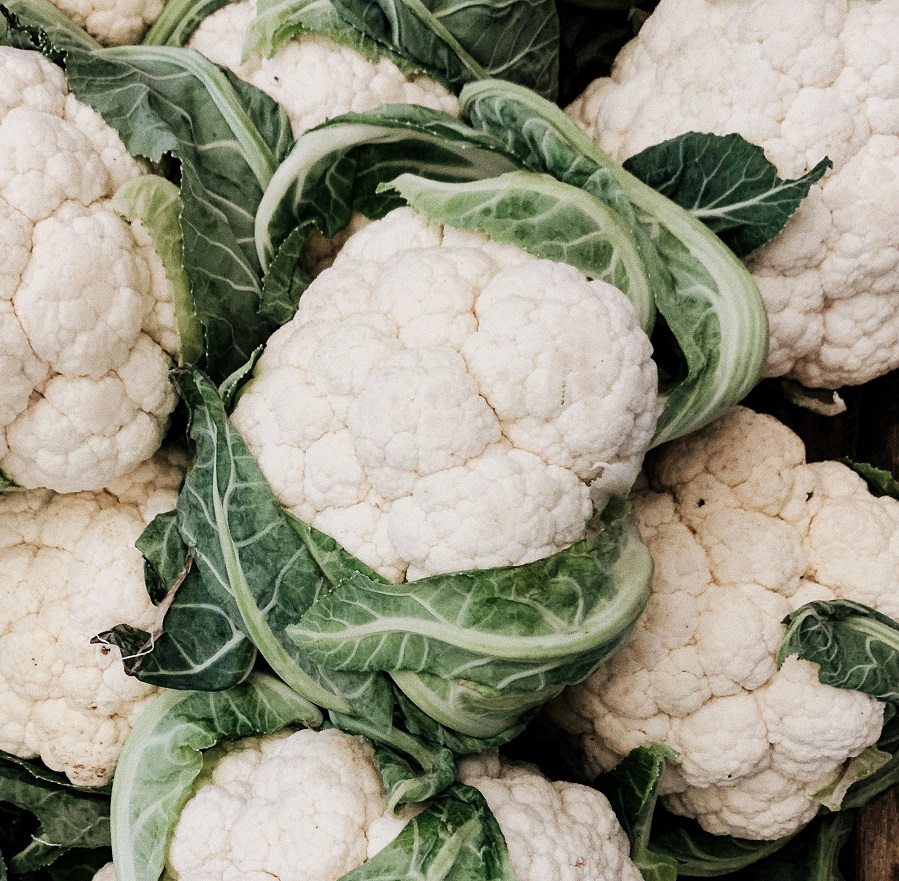
Onions:
Especially, Onions contain sulfur compounds like quercetin and allicin, which have cholesterol-lowering effects. Quercetin inhibits cholesterol synthesis in the liver and reduces inflammation in blood vessels. Allicin helps lower LDL cholesterol levels and promotes overall heart health.
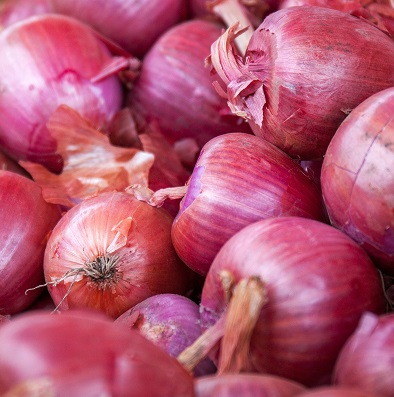
Incorporating these vegetables into a balanced diet can significantly contribute to lowering LDL cholesterol levels and reducing the risk of cardiovascular diseases. Pairing them with other heart-healthy foods, such as whole grains, lean proteins, and healthy fats, as well as maintaining an active lifestyle, further enhances their beneficial effects on heart health.
.
